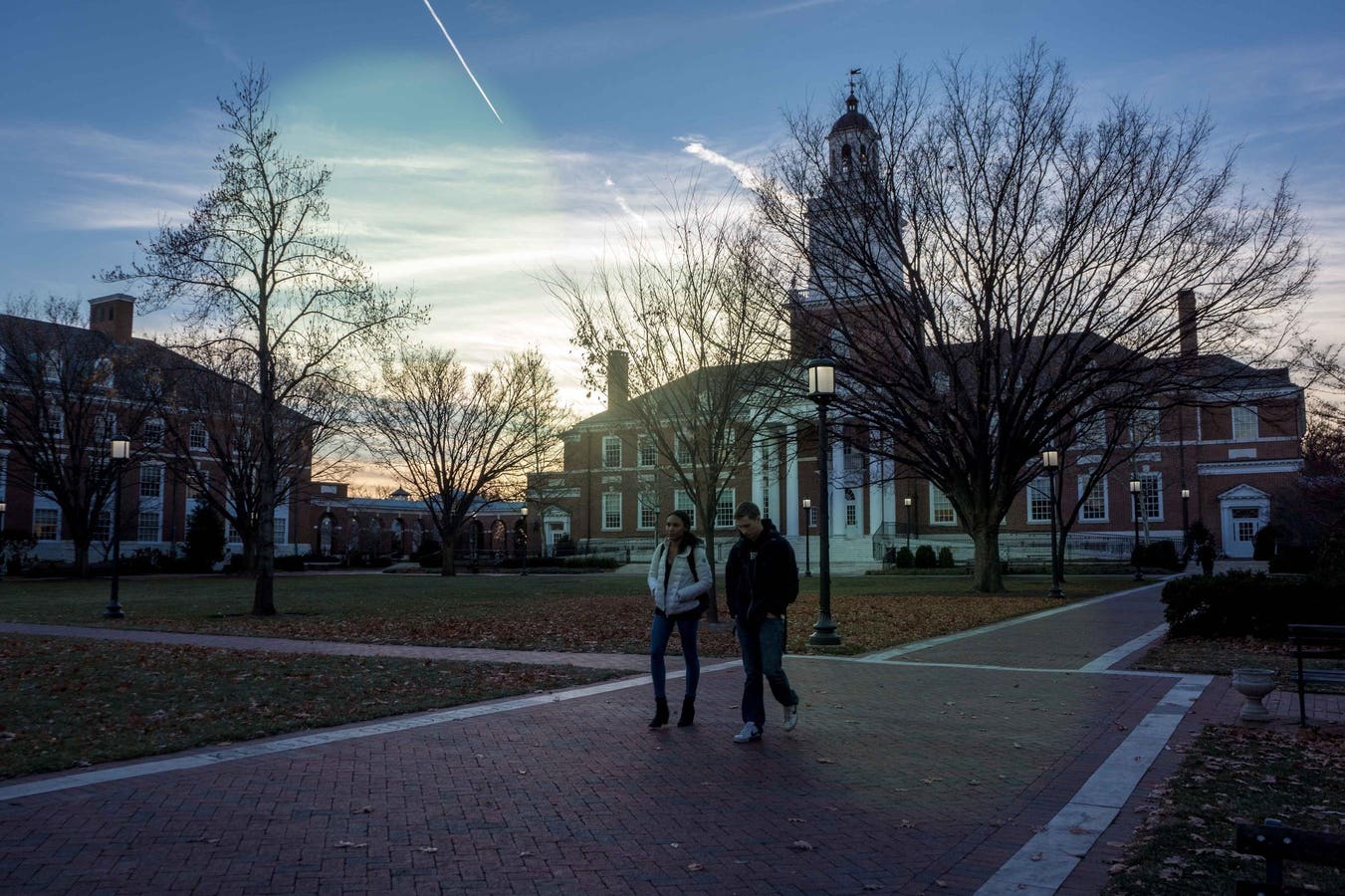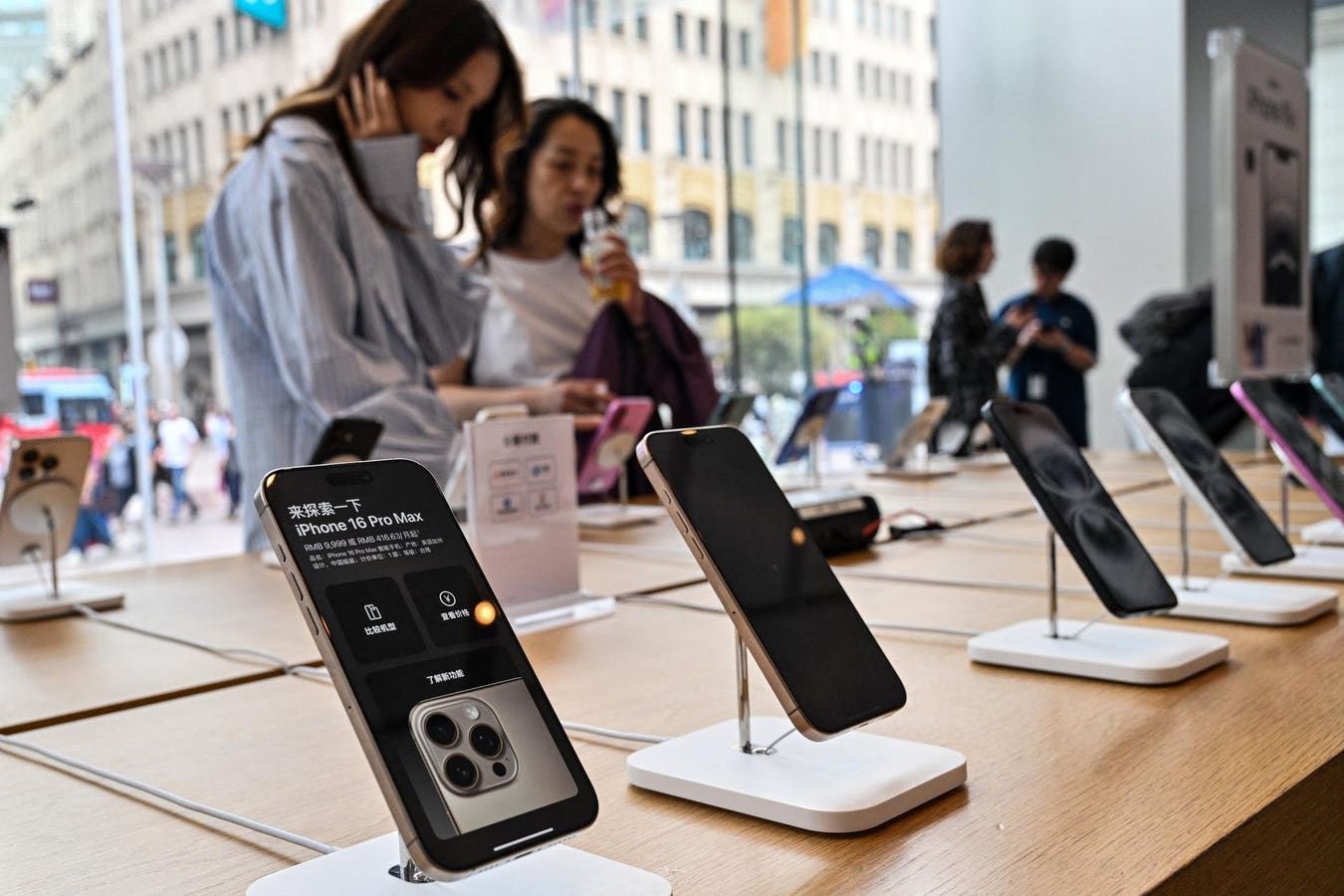Health care should be a right, not a privilege, for the sake of our bodies, and for the sake of our souls.
Emergency room visit.
This summer, I have been deeply immersed in the many fascinating books written by Timothy Snyder, the inaugural Temerty Chair in Modern European History at the University of Toronto. Professor Snyder, who is currently on indefinite leave from his faculty position at Yale University, is an American historian specializing on 20th century atrocities, mainly those committed by the Nazis and the Stalinists. Amongst all his books – all brilliantly written – this particular book stood out to me because most people don’t think so intensely about the intersections between history, politics, human rights and healthcare, including, as it turns out, the author himself.
This changed abruptly after Professor Snyder fell ill in Germany just prior to the start of the pandemic in December 2019. He was released from hospital, undiagnosed, the following morning but ended up in hospital again a week or so later after returning to the United States, where an appendectomy seemed to correct his problems. He was released less than 24 hours after the surgery. A week later, he was back in hospital in Florida, suffering from a complex array of confusing symptoms. Were they related to the appendectomy or were they caused by something else entirely? No one knew.
After this, Professor Snyder, who maintains a demanding schedule, was in and out of a number of hospitals in several states and European countries, but a diagnosis and an effective treatment remained elusive. Meanwhile, Professor Snyder became progressively, inexplicably, sicker. A few months later, he was gravely ill. Despite having health insurance, access to healthcare and a lot of support from family and friends, Professor Snyder almost died. Certainly, most Americans without healthcare in this situation would have died. I know I would have.
Cover art for Our Malady: Lessons in Liberty and Solidarity by Timothy Snyder (2020, The Bodley … More
Throughout the entire ordeal, Professor Snyder kept a hospital diary where he recorded his symptoms, the test results and treatments provided, events and conversations, his dreams and he even drew pictures. This diary, which Professor Snyder refers to several times as “a rant”, was the basis of his book, Our Malady: Lessons in Liberty from a Hospital Diary (2020; Penguin Press / The Bodley Head). Despite its small size (168 pages, including 20 pages of notes in the back), Our Malady is a timely and gripping examination of the state of the healthcare system in the USA as compared to healthcare systems in several European countries.
As you might guess: the USA does not measure up very well.
“Americans helped to establish health care as a human right around the world,” Professor Snyder laments (p. 41). “Why then is health care not seen as such in the United States? Why are Americans not protected by the agreements that our government signed? Should we accept that citizens of other democracies enjoy a right that we are denied, and live longer and healthier lives than we do? Many of us seem to find that acceptable. Why?”
The answer lies in the chokehold that the health insurance industry wields over Americans’ access to healthcare and over the authority of medical doctors to provide adequate and necessary care to their patients. Without any relevant medical training or apparently, even any empathy, insurance agents often make medical decisions based on what’s best for their insurance company’s bottom line, rather than what’s best for the patients; effectively prioritizing profits over people.
“When money becomes the only goal, values disappear, and people imitate the oligarchs,” Professor Snyder warns (p. 139). “We do this now when we admire oligarchs’ fantasies of immortality rather than ask why our own lives must be shortened. When we indulge the daydreams of the ultra-wealthy, we create what Plato called ‘a city of the rich’ and ‘a city of the poor’.”
Can you guess which of Plato’s “cities” all of us live in?
Professor Snyder interweaves his thoughts about the U.S. healthcare system with his personal story of serious illness as he develops his ideas on democratic values, love of family, and even the meaning of life. Only by formally recognizing equal access to healthcare as a human right, by elevating the authority of doctors and of truth, and by planning for our children’s future can everyone be truly free. Foremost, the author argues that we must see the provision of health services as a human right because without good health, any other ideas about freedom that we might have cease to have any value.
This thoughtful and important book is a quick read and an incisive analysis of the profoundly flawed medical system in the United States. It presents a powerful and well-written proposition in support of the re-evaluation and reform of the healthcare system in the USA to make it more humane and effective for everyone involved, by removing the profit motive. What does a health insurance company do, anyway, except collect its subscribers’ money and deny these same people access to healthcare when they become ill?
Although this cri de coeur is largely based on Professor Snyder’s participation as a patient in the US healthcare system, I find myself increasingly worried about what I see happening in Britain, where some of my family live, as that country appears to be moving towards abandoning the NHS in favor of privatized, for-profit medicine. Don’t do this to your country, to your communities, to your families, to yourselves, I want to shout. This is a grotesque mistake. This will not end well.
Throughout the entire book, Professor Snyder writes passionately about how prioritising profit over human lives in health care makes us all more unhealthy and more unfree.
“America is supposed to be about freedom, but illness and fear render us less free,” Professor Snyder observes (p. 17). “The word freedom is hypocritical when spoken by the people who create the conditions that leave us sick and powerless. If our federal government and our commercial medicine make us unhealthy, they are making us unfree […] Rather than pursuing happiness as individuals, we are together creating a collective of pain.”
Highly recommended.
© Copyright by GrrlScientist | hosted by Forbes | LinkTr.ee
Socials: Bluesky | CounterSocial | LinkedIn | Mastodon Science | Spoutible | SubStack | Threads | Tumblr | Twitter









